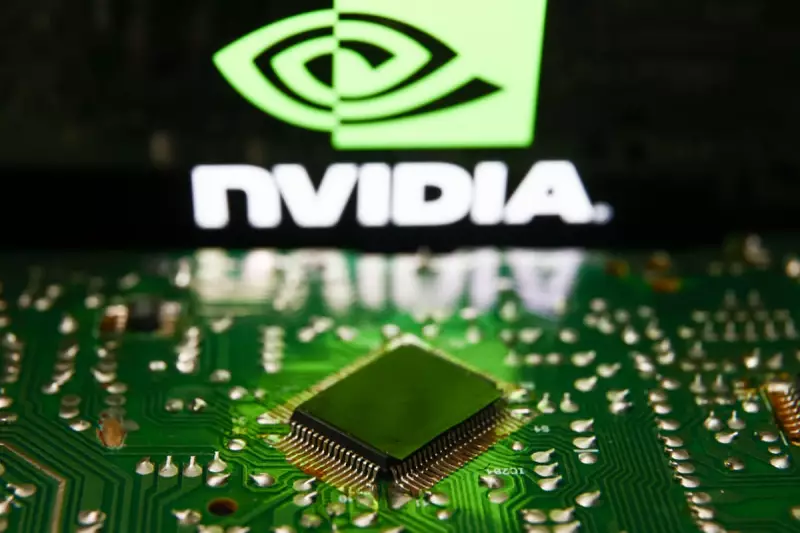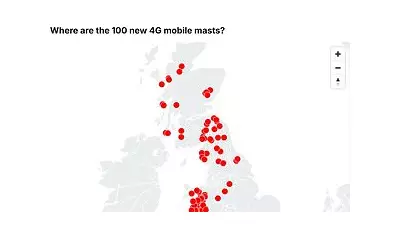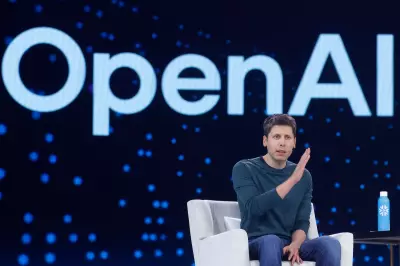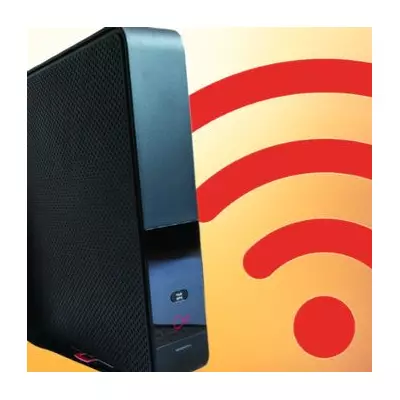
In a bold move that has left the tech world buzzing, industry giants Nvidia and AMD are taking an unconventional approach to compete with OpenAI's GPT-5. Their secret weapon? The seemingly obsolete dial-up internet technology.
The Dial-Up AI Revolution
While OpenAI continues to push the boundaries of AI with its high-powered GPT-5, Nvidia and AMD are exploring how slower, more accessible technologies could democratise artificial intelligence. By optimising their systems for low-bandwidth environments, they aim to make AI tools available to regions with limited internet infrastructure.
Why Dial-Up?
The choice of dial-up isn't as counterintuitive as it might seem:
- Reduced energy consumption compared to high-performance AI systems
- Ability to function in areas with poor internet connectivity
- Lower hardware requirements make it more accessible to developing markets
Industry Reactions
Tech analysts are divided on this unexpected development. Some praise the innovation, while others question whether dial-up can truly compete with cutting-edge AI models. What's clear is that this approach has reignited discussions about sustainable AI development and global accessibility.
The Road Ahead
As this unusual tech rivalry unfolds, all eyes are on whether Nvidia and AMD's gamble will pay off. Could this mark the beginning of a new era in AI development, where efficiency trumps raw power? Only time will tell.





